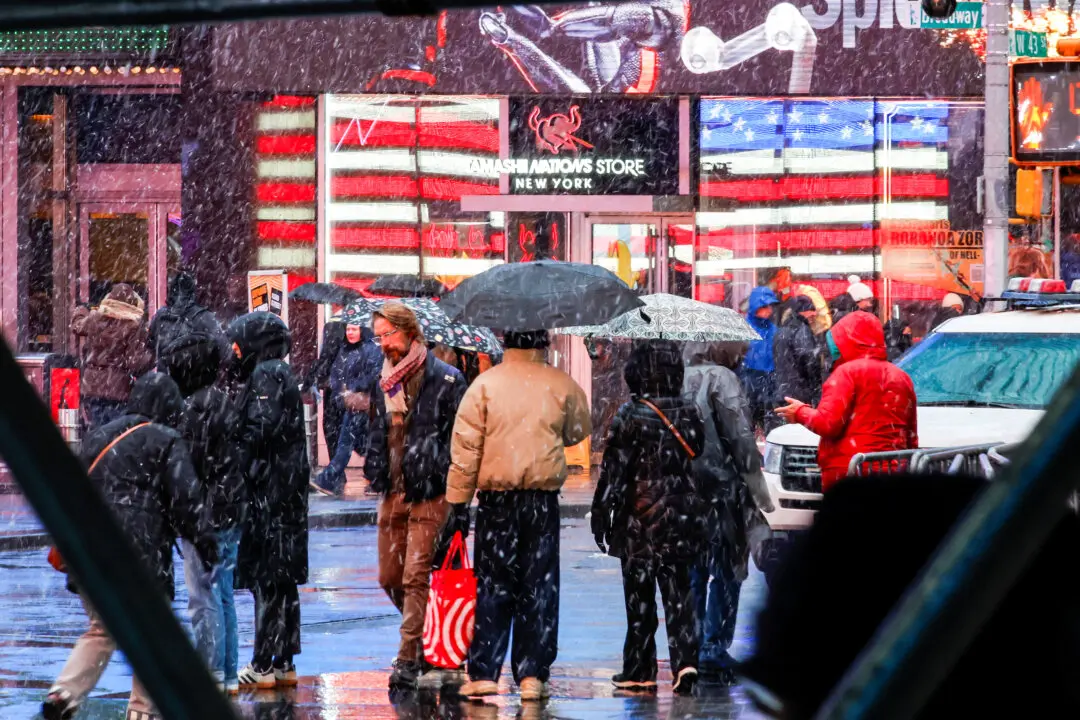WASHINGTON—President Joe Biden on Friday sought to present a united front with Japanese Prime Minister Yoshihide Suga to counter an increasingly threatening China as the U.S. leader held his first face-to-face White House summit since taking office.
China topped the agenda, underscoring Japan’s central role in U.S. efforts to face down Beijing. The two leaders addressed an array of geopolitical issues, including Taiwan, with Suga saying they reaffirmed “the importance of peace and stability of the Taiwan Strait,” a slap at Beijing’s increased military pressure on the Chinese-claimed, self-ruled island.





